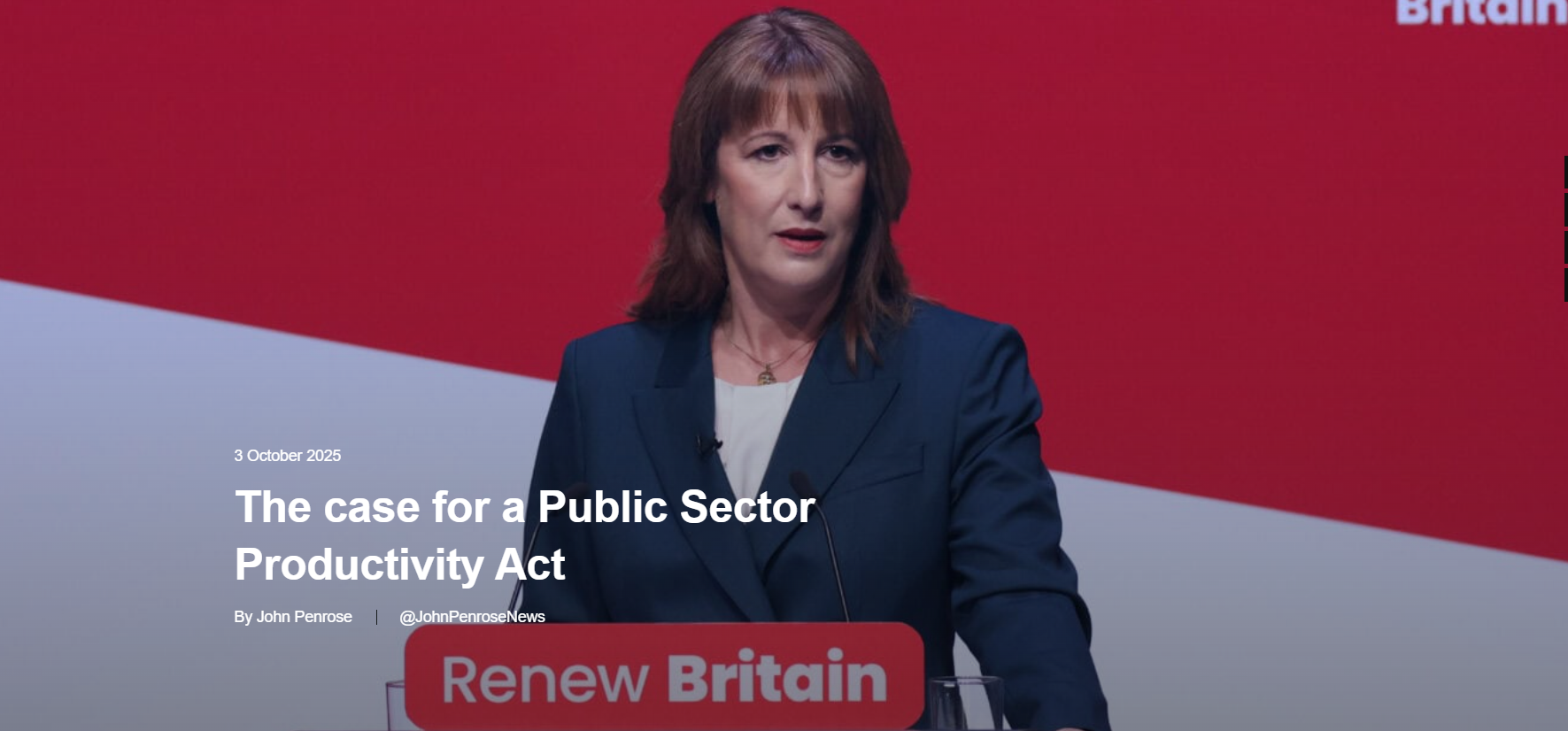
Most Chancellors spend a lot of time peering nervously upwind to spot approaching economic storms and squalls, but Rachel Reeves won’t need a particularly strong telescope to pick out the procession of dark clouds that are heading her way.
Some of those clouds are bigger and blacker than they needed to be after Labour backbenchers rebelled over savings on benefits reforms, and because she’s almost certainly now been told to scrap the two-child benefit cap as well.
But the biggest cloud of all comes from her official forecasters at the Office for Budget Responsibility (OBR), who have today delivered their first pre-Budget report, understood to include a downgrade of their long-term forecasts for UK productivity, which has been sluggish ever since the 2008 banking crash. The change will shoot a whopping new hole in the Government’s finances – perhaps as big as £18 billion.
Britain’s productivity problem has been brewing for years and won’t be fixed quickly. But there are some immediate steps which would start to put things right.
The first is to junk the industrial strategy the Government announced in June, which tries to speed up UK growth with a portfolio of shiny new tech investments rather than fixing the big underlying problems which have been slowing us down for years. Instead, the Chancellor should announce a ‘top 5 in all 5’ strategy: making the necessary reforms to give Britain a ‘top 5’ ranking for cheap and abundant supplies among G20 nations in each of the five essential ingredients for industrial success: real estate, energy, skilled workers, infrastructure and capital.
Creating better conditions for UK firms to grow is essential, but won’t be enough on its own because of the public sector, where productivity improves much more slowly. Unless Rachel Reeves turns this around, Britain’s public services will drag economic growth down rather than helping it improve, and taxpayers will keep paying more for less.
The underlying problem is that most public bodies face little (or no) competitive pressure from rivals offering a choice of better or cheaper alternative services. Political accountability to ministers or scrutiny committees is supposed to provide an alternative force which plugs this gap, but is far too weak and scattergun to provide the grindingly-relentless attention to detail that consistent efficiency improvements need. So instead we get inertia, where changes and improvements are often blocked, blunted or slowed by vested interests that do well from the status quo, rather than giving taxpayers and citizens better value for money every year.
The answer is a new Public Sector Productivity Act to plug the gap whenever public bodies can’t or shouldn’t face competitive pressures from rivals, so there’s still a really strong and effective force driving year-in, year-out efficiency and productivity improvements instead.
It should start with public contracts, subsidies and grants, which aren’t independently checked before being extended or renewed to see whether they delivered the results they were supposed to achieve. This means poor performance can continue indefinitely without being noticed or fixed. The new Public Productivity Act should mandate a prompt, independent, public evaluation of success or failure for each one, with a one-word recommendation whether it should be renewed or repeated in future. Any public body that wanted to ignore a negative recommendation would have to publish its reasons before signing similar deals.
Next should be the enormous ‘mission creep’ in the tasks which regulators, quangos and other arm’s-length bodies (ALB) have been given, ballooning their costs and blurring their mandates so it is almost impossible to measure whether they have succeeded or failed overall. The extra tasks often overlap or contradict each other, which unfairly politicises officials who have to choose between them and makes decisions glacially slow. Worse still, too many tasks are outputs (what must be done) rather than outcomes (results which must be achieved) which encourages expensive, box-ticking process compliance rather than finding better ways to deliver what taxpayers need every year.
To fix this, the new Public Productivity Act should require ministers to cut the number of tasks which each regulator, quango and ALB must achieve to no more than four outcome-based goals, ranked in order of priority. There should be a regular, independent, public evaluation of whether and how well each one has delivered its mission, including a one-word summary judgement of overall success or failure. Any organisation that gets a below-par evaluation would have to publish a performance improvement plan within three months, signed off by their sponsoring Government minister.
Last but not least, Rachel Reeves should scrap Government-imposed restrictions on how most public services work, from being forced to use Whitehall-approved suppliers to re-approvals of already-budgeted spending. They stop staff and management from working smarter, more digitally or more nimbly without extra signoffs from Whitehall or Westminster, which slows down and politicises what ought to be simple operational decisions. Giving public service leaders the same operational freedoms to succeed or fail that are normal in other walks of life would allow public sector productivity to improve at the same speed too.
Good leaders know that grinding out efficiency improvements needs the kind of politically-unsexy, relentless attention to detail which ministers and scrutiny committees avoid. A Public Productivity Act would bake in the focus on results and cost-cutting which is often lost at present, creating sustained, long-term pressure for each public body to phase out their least-effective programmes and inadequate leaders and replace them with ones that work better instead. Rachel Reeves should jump at the chance.
If you like this idea, you’ll find more details, soundbites and rebuttals about it under A New Public Productivity Act in the Policy Thumbnail section of our website
This article is the latest in a fortnightly series of policy proposals by John Penrose and the Centre for Small State Conservatives, published in CapX

Leave a Reply